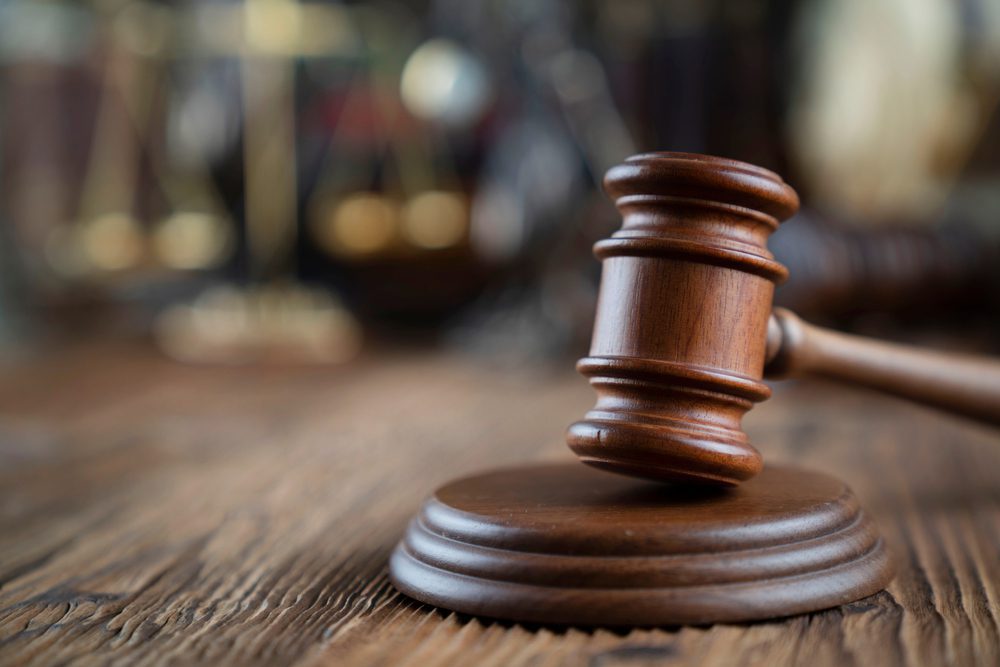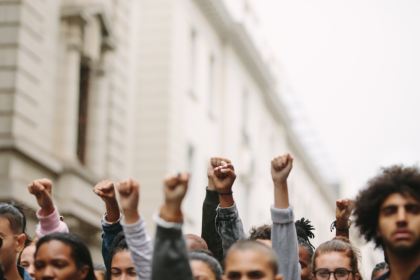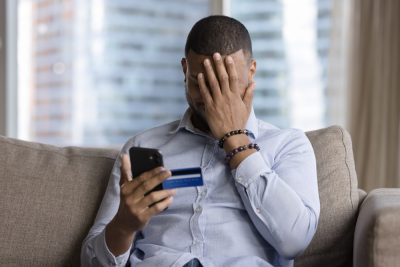In a case that has captured national attention, Daniel Penny has been acquitted of criminally negligent homicide in the death of Jordan Neely. This verdict, reached after more than 24 hours of jury deliberation, has ignited a wave of emotions, leading to both cheers and anger within the courtroom. Neely’s father reportedly expressed his outrage, cursing in anger before being escorted out by court officers.
The incident: What happened on the subway?
The incident occurred in May 2023 when Penny placed Neely in a chokehold on a subway train. Neely, a 30-year-old Black man, was known to have struggled with mental health issues and had been vocal about his distress on the train. Witnesses reported that Neely made “volatile” remarks and gestures, which led Penny to fear for his safety and the safety of other passengers.
The legal proceedings
Penny faced charges after the incident, with prosecutors arguing that his actions directly resulted in Neely’s death. They contended that the use of a chokehold was excessive and unjustified, especially given Neely’s state at the time. However, Penny’s defense maintained that he acted in self-defense, asserting that he was responding to a perceived threat from Neely.
The jury’s deliberation included a consideration of a manslaughter charge, which ultimately ended in a deadlock and was dismissed. This outcome has raised significant questions about the legal standards applied in cases involving self-defense and the treatment of individuals with mental health issues.
Public reaction and implications
The acquittal has sparked a broader conversation about race, mental health and the justice system in America. Many in the African American community view this case as emblematic of systemic issues, including the disproportionate treatment of Black individuals in legal proceedings. The emotional response from Neely’s family and supporters highlights the ongoing struggle for justice and accountability in cases involving violence against marginalized communities.
Voices from the community
Community leaders and activists have called for a reevaluation of how self-defense laws are applied, particularly in cases involving people of color. The sentiment is that the justice system often fails to protect the rights of Black individuals, especially those dealing with mental health challenges. This case serves as a reminder of the urgent need for reform in both the legal system and societal attitudes towards mental health.
What’s next?
As the dust settles from the verdict, many are left wondering what this means for future cases involving similar circumstances. Will there be changes in how self-defense is defined and prosecuted? How will this case influence public perception of mental health issues, especially in high-stress environments like public transportation?
As discussions continue, it is crucial for the community to engage in dialogue about these pressing issues. The case of Jordan Neely and Daniel Penny is not just a legal matter; it is a reflection of the societal challenges we face regarding race, mental health and the justice system. As we reflect on this case, it is essential to advocate for change and ensure that all individuals are treated with dignity and respect, regardless of their background or circumstances.

















